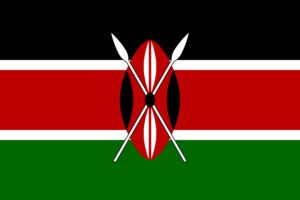A new opinion piece, titled “The Global Tobacco Industry Is Solving the Wrong Problem,” by Zimbabwean entrepreneur Smart Chireru argues that the global tobacco industry is misdirecting its focus by optimizing branding, regulation, and distribution while ignoring a major structural inefficiency in where tobacco is processed. Chireru contends that large volumes of African flue-cured Virginia tobacco are exported unprocessed, shipped overseas for manufacturing, and then redistributed globally—an approach he describes as a legacy supply-chain flaw that adds cost, risk, and complexity without creating value.
The article calls for a shift toward processing tobacco closer to where it is grown, citing examples from other industries that have adopted near-source manufacturing, bonded facilities, and integrated traceability. Chireru argues that modern compliance tools—such as serialization, blockchain tracking, and export-only processing—can mitigate risks often cited as barriers to origin-based manufacturing, while reducing logistics costs and working capital strain.
Using Zimbabwe as a case study, the piece highlights the country’s combination of high-quality tobacco, skilled labor, and special economic zone frameworks as an opportunity for globally competitive processing at origin. Chireru concludes that the next competitive advantage for tobacco companies will come from supply-chain intelligence and structural efficiency, not incremental gains in marketing or tax strategy.







